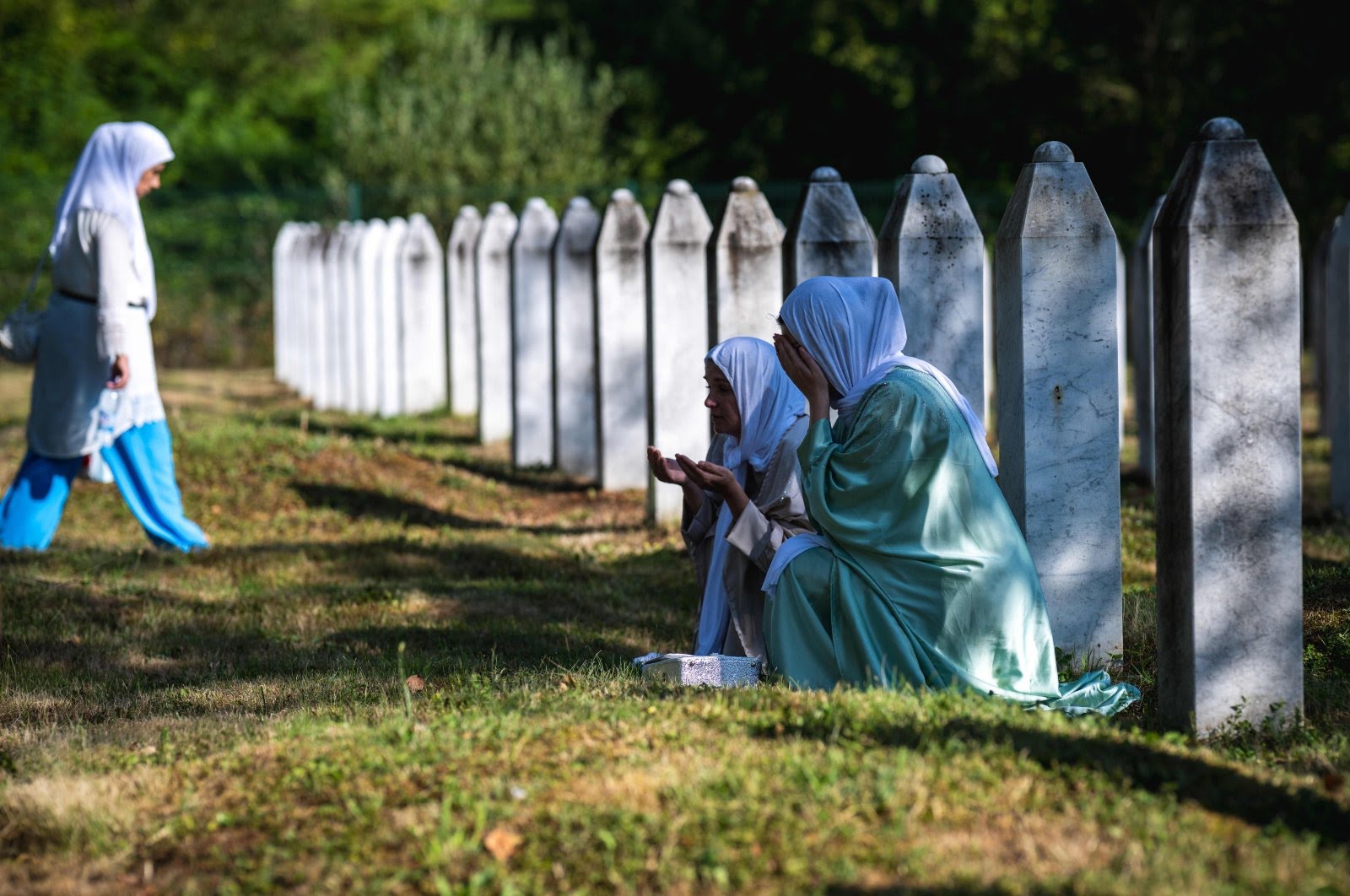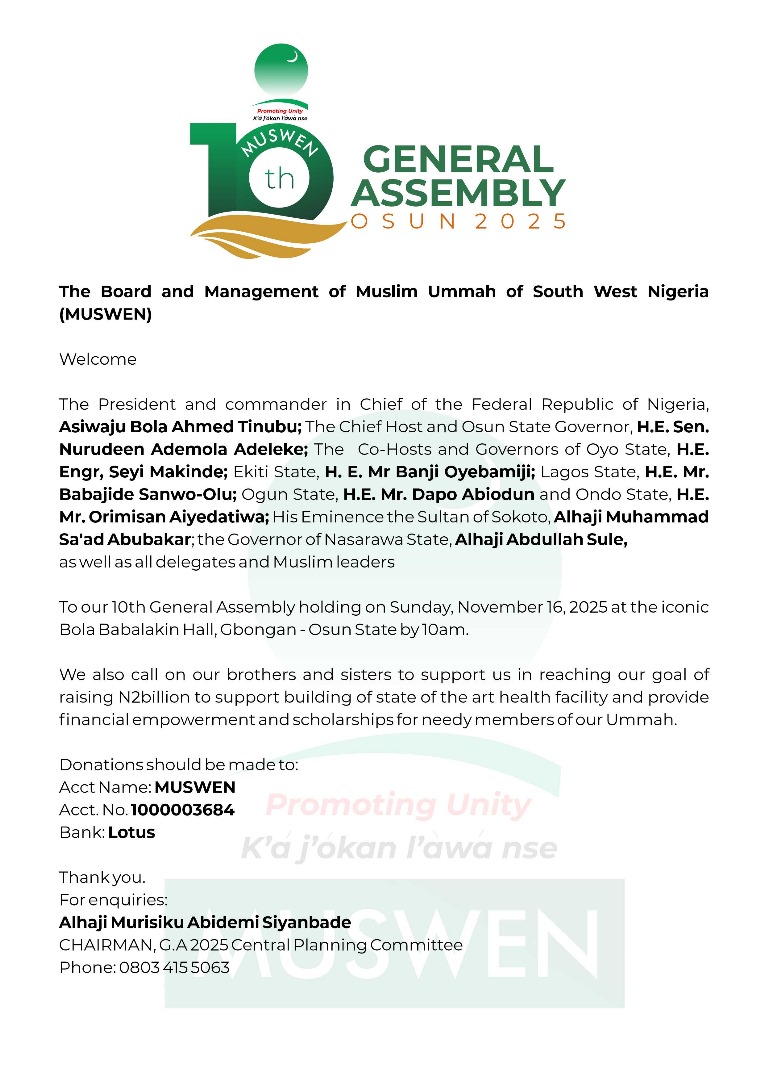The Bosnian Genocide was the largest massacre in Europe since the Holocaust. The UN has designated 11 July is the International Day of Reflection and Commemoration of the 1995 Genocide in Srebrenica. As Muslims, it is our duty to remember such tragedies, for our Prophet (saw) told us that our Ummah is one body: the pain felt by a group of us, is the pain of all of us. – Dr Yasir Qadhi
Thousands from Bosnia-Herzegovina and around the world gathered in Srebrenica to commemorate the 30th anniversary of the 1995 massacre in which more than 8,000 Bosniak Muslim men and boys were killed – an atrocity recognized as Europe’s only genocide since the Holocaust.
On Friday, seven newly identified victims – including two 19-year-olds – will be laid to rest in a collective funeral at the vast and growing memorial cemetery near Srebrenica, where more than 6,000 victims have already been buried.
Each year, additional remains are discovered in mass graves scattered throughout the region, prompting fresh burials.
Families often must bury only fragments of their loved ones, as remains are frequently found in multiple mass graves, sometimes miles apart. Among them is Mirzeta Karic, who is preparing to bury her father with only partial remains recovered.
“Thirty years of search and we are burying a bone,” she said, crying by her father’s coffin, which was wrapped in green cloth in accordance with Islamic tradition.
“I think it would be easier if I could bury all of him. What can I tell you – my father is one of the 50 killed from my entire family.”
The killings began on July 11, 1995, after Bosnian Serb forces overran the eastern Bosnian enclave in the final months of the country’s interethnic war.
After taking control of the town – a protected U.N. safe zone during the war – Bosnian Serb fighters separated Bosniak Muslim men and boys from their families and executed them over several days.
Their bodies were dumped in mass graves, which were later dug up with bulldozers in an effort to scatter the remains and hide evidence of war crimes.
Last year, the U.N. General Assembly adopted a resolution to commemorate the Srebrenica genocide annually on July 11.
Scores of international officials and dignitaries are expected to attend Friday’s commemoration and funeral.
On the eve of the anniversary, an exhibition was inaugurated displaying personal items belonging to the victims that were found in mass graves over the years.
The conflict in Bosnia began in 1992, when Bosnian Serbs launched an armed rebellion against the country’s independence from the former Yugoslavia.
Their goal was to create a separate state and eventually unite with neighboring Serbia. More than 100,000 Muslim men and boys were killed and millions displaced before a U.S.-brokered peace agreement was reached in 1995.
Bosnia-Herzegovina remains ethnically divided, and both Bosnian Serb leaders and neighboring Serbia continue to deny that the massacre in Srebrenica constituted genocide, despite rulings by two U.N. courts.
Bosnian Serb political and military leaders Radovan Karadzic and Ratko Mladic, along with several others, have been convicted and sentenced for genocide.
Serbian President Aleksandar Vucic expressed condolences on X, calling the Srebrenica massacre a “terrible crime.” He added, “We cannot change the past, but we must change the future.”







